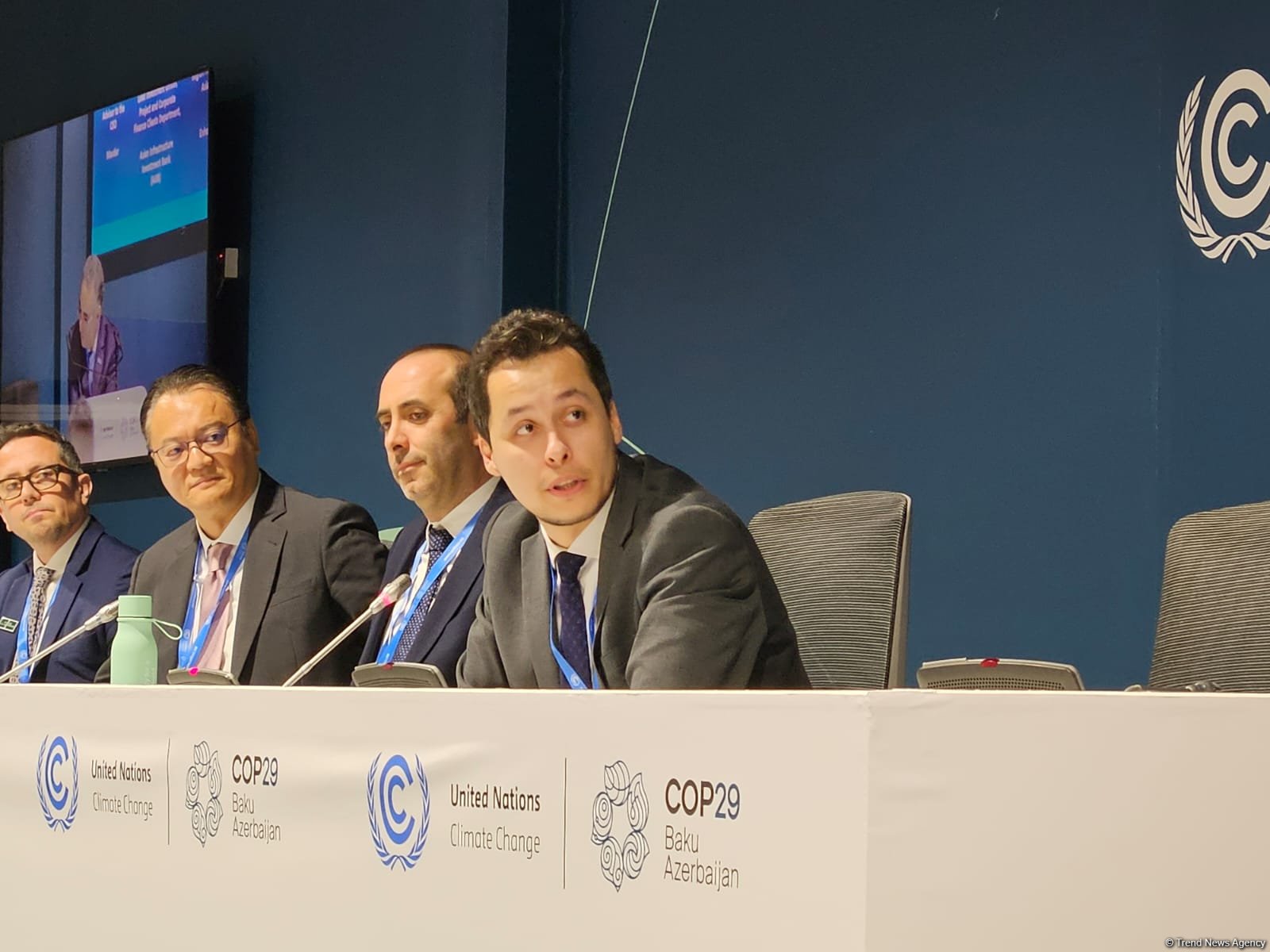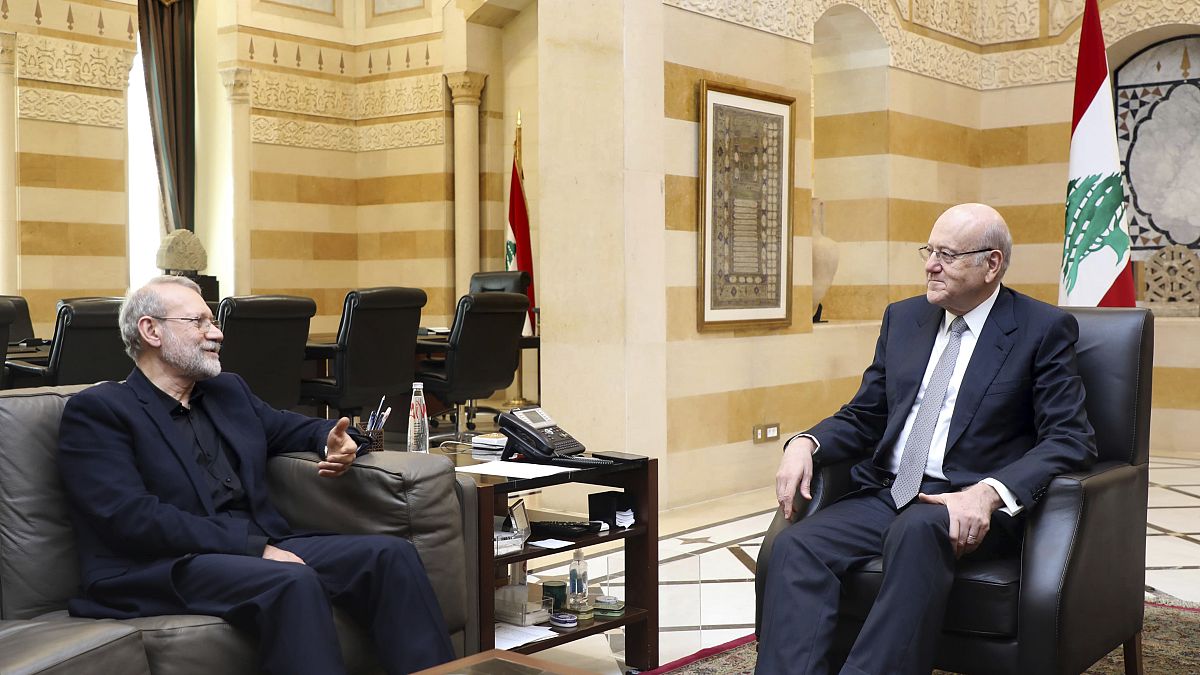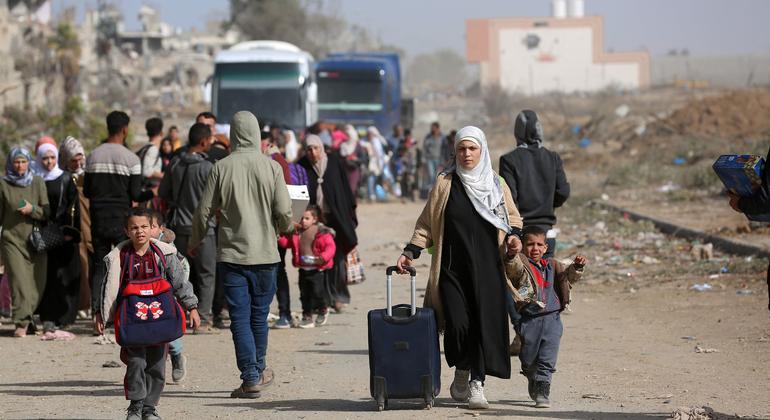Energy ministers met in Brussels on Monday (19 December) in a final push to agree on a gas price-cap before the end of the year.
Although the ministers aim to agree on a gas price-limit below €200 per megawatt-hour (MWh), debates could last “well into the night”, one EU diplomat told EUobserver.
Join EUobserver today
Become an expert on Europe
Get instant access to all articles — and 20 years of archives.
14-day free trial.
… or subscribe as a group
The file, which has been debated for months, is supported by 15 countries, including France and Spain. But Germany and the Netherlands have remained deeply sceptical about the proposal and have pushed for a more cautious approach, due to fears gas suppliers would move elsewhere.
“We have to bring down gas prices, and nobody in Germany is against that,” said German economy and climate action minister Robert Habeck on arrival. “But we know from previous market interventions that we must be careful not to make technical, thoughtless mistakes.”
“It’s becoming more and more complicated. I hope all my colleagues have prepared well,” he added.
The Czech presidency had drafted a plan ahead of Monday’s meeting, circulated among negotiators for a mechanism limiting prices at €188/MWh.
EU energy commissioner Kadri Simson said a deal was within reach but needed “a very strong spirit of compromise from everyone”.
At the start of the afternoon, ministers started their debate about the price cap, with two alternatives at €188/MWh and €180/MWh being discussed.
It would also require the gap with imported liquefied natural gas to be greater than €35. Contracts above the cap will not be allowed to be executed. In an effort to get Germany and the Netherlands on board, the latest proposal also has details on the immediate suspension of the mechanism if it endangers security of supply.
Benchmark Dutch front-month gas futures are currently trading around €110/MWh but could spike if cold weather conditions remain.
The regulation formally does not require unanimity.
Czech industry minister Jozef Sikela who chaired the meeting, said he would seek agreement from all member states.
But he did not rule out calling a vote if his efforts failed, which would effectively overcome German and Dutch opposition.
“Today we have to agree on a mechanism which will prevent the European households and businesses from high gas price spikes that we have seen during the last summer,” said Sikela.




















Discussion about this post